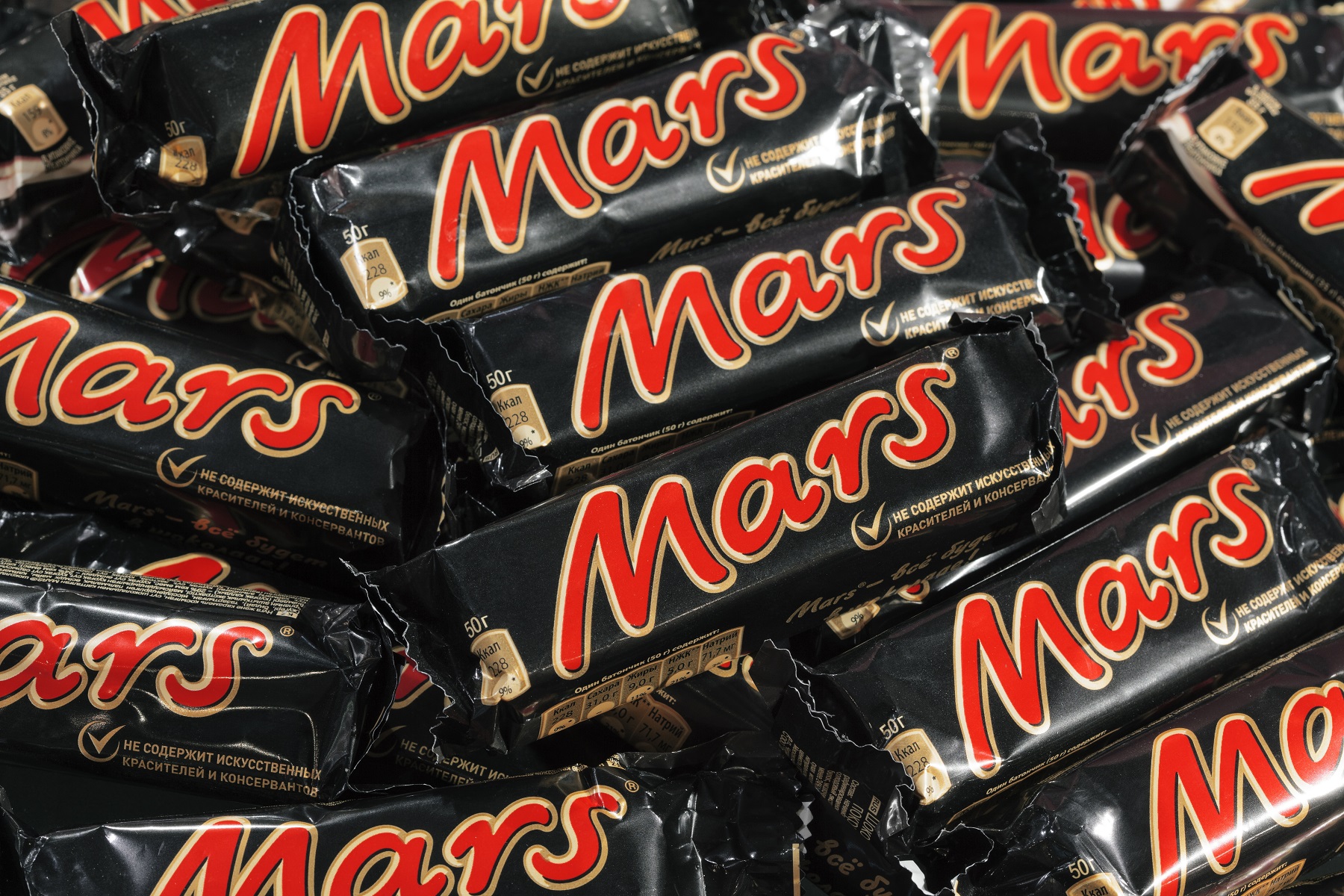That awkward moment when you find out that vegetable crisps contain more fat than a Mars Bar
Say it ain’t so!

You probably feel a bit smug when reaching for vegetable crisps instead of the bog-standard potato version or even a chocolate bar – but maybe you shouldn’t be quite so pleased with yourself.
In fact, research reveals that vegetable crisps actually have higher levels of saturated fat and salt than some regular crisp brands.
Do you actually know what goes into your beloved veggie crisps? This study finds the pack may contain around 65% vegetables, the other 35% could very well be full of oil and salt.
Wren Kitchens has done the research alongside nutritionist Charlotte Stirling-Reed, and the findings might shock any lovers of a carrot or beetroot crisp.

It also compares the fat content of separate products. A 40g bag of Tyrrells vegetable crisps contains 14.3g of fat (20% of an adult’s recommended intake), compared to 13.2g in the same amount of plain Pringles (19% of an adult’s intake).
Compare this to a 51g Mars Bar, which somewhat surprisingly contains 8.6g of fat (12% of an adult’s intake).

Stirling-Reed says: “The concern with products that are often seen as ‘healthier alternatives’ such as vegetable crisps, is they don’t always match up to their reputations.
“Crisps are crisps, and even if they are made with vegetables, they are likely to contain too much in the way of fat, saturated fat and salt.
“In fact, the vegetable crisps here have higher levels of saturated fat and salt than some well-known, regular crisp brands.”
Stirling-Reed suggests looking for healthier options next time you’re reaching for crisps such as plain yogurts, nuts, seeds, veg sticks and dips. If you’re feeling particularly adventurous, you could even try making your own veggie crisps at home with a bit of oil and spices instead of salt.





